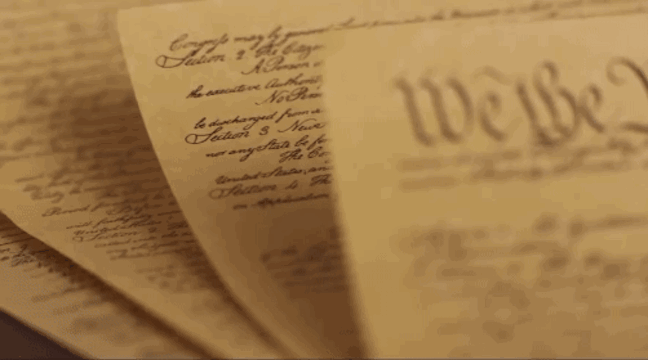Available Courses
See what works for you

Law Enforcement
This course provides law enforcement professionals with a critical framework for understanding and managing civic unrest, nonviolent resistance, and First Amendment rights. Emphasizing the historical context of civil rights movements, it helps officers distinguish between lawful demonstrations and unlawful activities, reducing the risk of conflict during demonstrations and lowering the need for police overtime and unnecessary additional expenditures.
By focusing on public order management—aligned with standards set by organizations like the National Tactical Officers Association—officers can minimize civilian complaints, improve public trust, and strengthen relationships with municipalities. FRTA also supports agencies in aligning with updated standards to better serve and protect communities.
Research from the U.S. Department of Justice (DOJ) shows that law enforcement agencies incorporating civil rights history into their training can better manage civic unrest peacefully (DOJ, 2018). The fewer illegal demonstrations, the more officers can apply their time and expertise to more serious crimes.
Additionally, studies demonstrate that training focused on historical awareness and demonstration dynamics can reduce the likelihood of excessive force and mitigate legal liability (University of Chicago Crime Lab, 2017). By equipping officers with these skills, FRTA helps strengthen public safety, minimize resource strain, and build constructive relationships between law enforcement and the communities they serve. This program supports the key goals of law enforcement agencies in managing demonstrations, upholding Constitutional rights, and improving overall community relations.
Research supports this shift: programs emphasizing nonviolent communication and historical awareness have demonstrated a measurable reduction in the use of excessive force and associated legal liabilities (University of Chicago Crime Lab, 2017). Further, distinguishing between lawful and unlawful activities during demonstrations reduces unnecessary conflict, creating safer environments for officers and communities.

Court Ordered
This course provides a hopeful sentencing alternative for governments and courts, allowing demonstrators to avoid criminal convictions on their records. Participating in the FRTA educational experience makes individuals more likely to be calm and orderly during demonstrations. This reduces the financial burden on municipalities by eliminating the need for police overtime, preventing property damage, and reducing business insurance claims due to looting or vandalism. These cost savings can be quantified locally and demonstrate the tangible value of conflict reduction strategies.
Protestors trained through FRTA are less likely to engage in actions and activities that lead to criminal charges, which helps prevent the development of criminal records and reduces recidivism. By directing individuals to FRTA for education and potential record expungement, stakeholders such as district attorneys, municipal prosecutors, judges, and city leaders can significantly decrease court caseloads and save taxpayer dollars.
This approach promotes workforce readiness by helping individuals clear their records and re-enter the economy and fosters a culture of positive civic engagement. By prioritizing peaceful advocacy and record-clearing opportunities, FRTA supports government and judicial leaders' goals of reducing societal costs and improving community outcomes.

Academic Institutions
This curriculum teaches the principles of peaceful demonstration and the enduring importance of First Amendment rights. These rights must be exercised responsibly and within the confines of the law to ensure constructive and lawful engagement.
Drawing on the C.O.R.E. strategies in the 1960s of nonviolent resistance, developed by Mahatma Gandhi and perfected by Dr. Martin Luther King Jr., this program empowers students to understand the power of civic engagement and their Constitutional rights while developing critical thinking and social awareness. According to the Pew Research Center, students with exposure to civic education are more likely to engage in community activities, vote, and take on leadership roles, building the foundation for lifelong civic engagement.
A strong alignment with educational standards and institutional values equips educators and school leaders to inspire the next generation. Adaptable to diverse political and cultural contexts, the curriculum supports administrators, teachers, and guidance counselors in creating legal and meaningful academic and societal impact.

